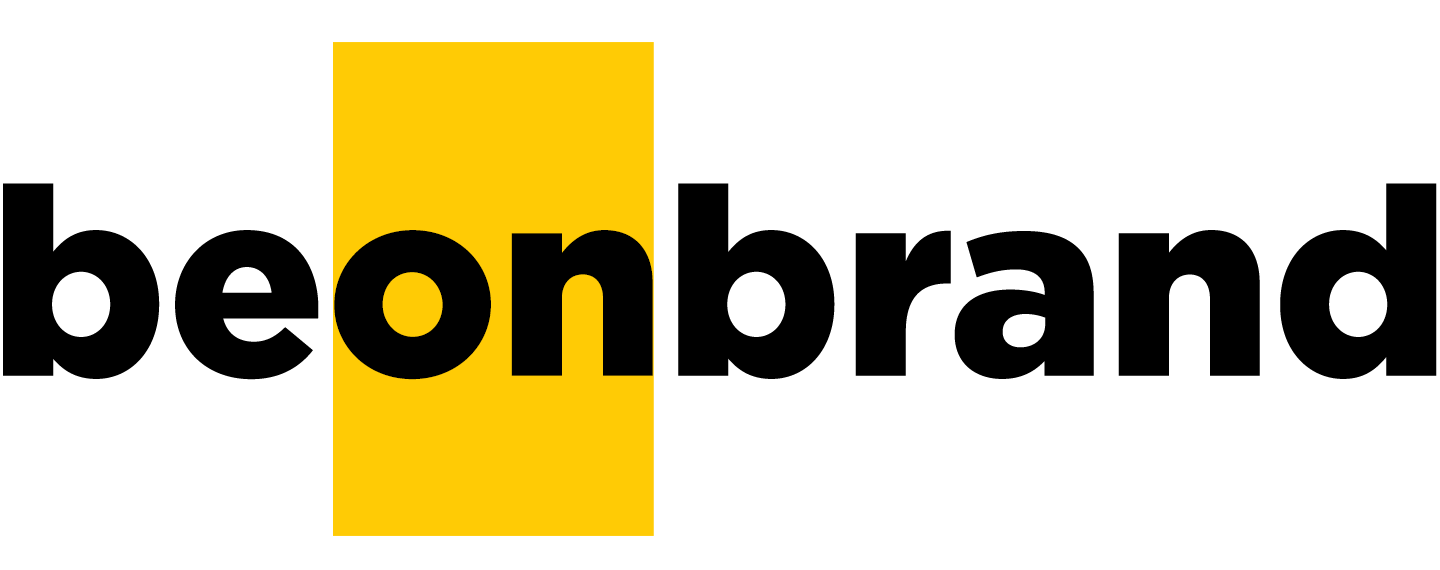
In the digital era, universities and colleges face the challenge of attracting students in a highly competitive online space. Pay-Per-Click (PPC) advertising stands as a pivotal tool in this endeavor. This article delves into how higher education institutions can harness PPC for effective student recruitment.

Understanding PPC in Higher Education
PPC is a digital marketing approach where advertisers pay each time their ad is clicked. For universities, a click signifies potential student interest, making PPC a valuable investment. Online ads often appear at the top of search engine results, subtly indicated as promotional content.

Google’s Criteria for Displaying Ads
Google prioritizes relevance and user intent in displaying ads. Universities must craft content that resonates with prospective students’ common queries. The key is creating content that is both informative and keyword-optimized.

Crafting University-Specific PPC Ads
Customized PPC campaigns are essential for each institution. For instance, a state university might emphasize its location in ad text. However, overusing certain terms can lead to being flagged as spam, highlighting the importance of creative and strategic SEO.

Effective PPC Copywriting for Universities
The essence of compelling PPC copy lies in understanding the target audience’s concerns and addressing them directly. Data from digital marketing tools can provide insights into the interests and needs of prospective students and parents.

The Power of A/B Testing in PPC
A/B testing is critical for optimizing PPC ads. This involves comparing two similar ads to see which performs better. Variables like headline clarity, engaging text, and the relevance of the landing page URL are tested to enhance ad effectiveness.

Retargeting Strategies
Not every visitor who clicks a PPC ad will enroll immediately, but they’ve shown interest. Retargeting is a technique to re-engage these individuals, often leading to successful conversions.

Choosing the Right Keywords
Selecting specific, high-intent keywords is crucial for effective PPC in higher education. Broad terms may generate traffic but not necessarily valuable leads. Using tools like Google Ads for keyword research can help identify the most relevant and cost-effective keywords.
Conclusion
PPC advertising, when executed with precision and creativity, can be a game-changer for universities in attracting students online. By focusing on targeted keywords, crafting university-specific ads, and employing strategies like A/B testing and retargeting, institutions can significantly enhance their online visibility and attract more qualified applicants.

Share this article
Interested in learning more about AI ?


